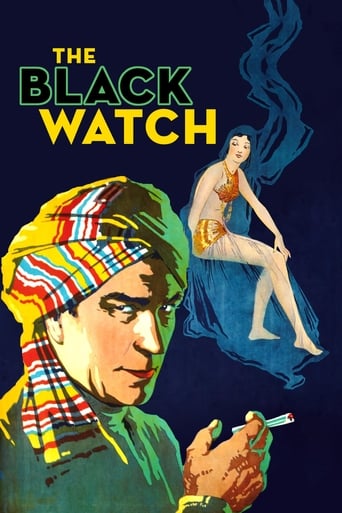


The Black Watch
Captain Donald King of the British Army goes to India just as World War I breaks out, convincing his comrades that he is a coward. In reality, he is on a secret mission to rescue British soldiers held prisoner there.
-
- Cast:
- Victor McLaglen , Myrna Loy , David Torrence , David Rollins , Cyril Chadwick , Lumsden Hare , Roy D'Arcy


Similar titles
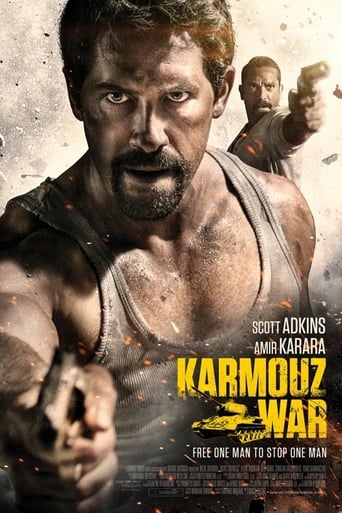

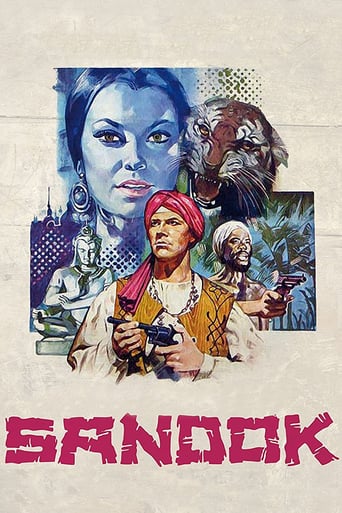
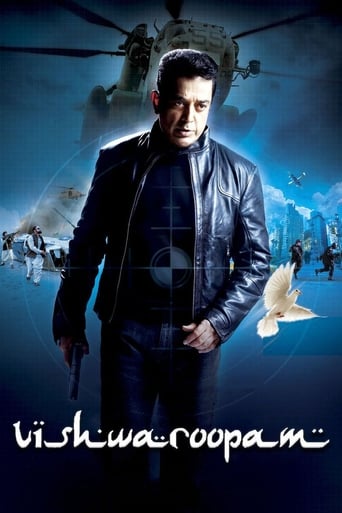
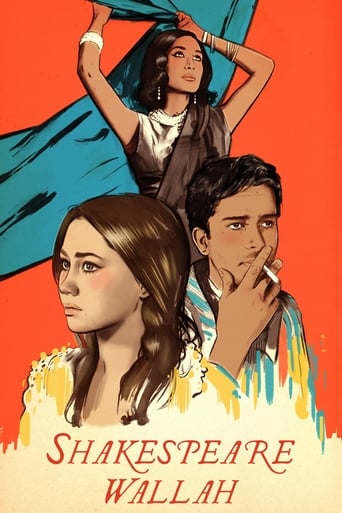
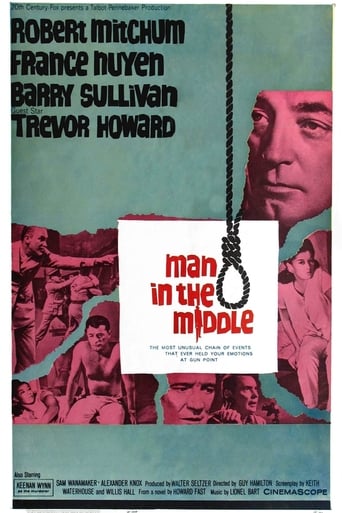
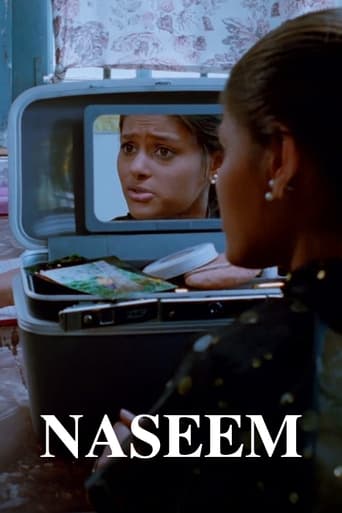
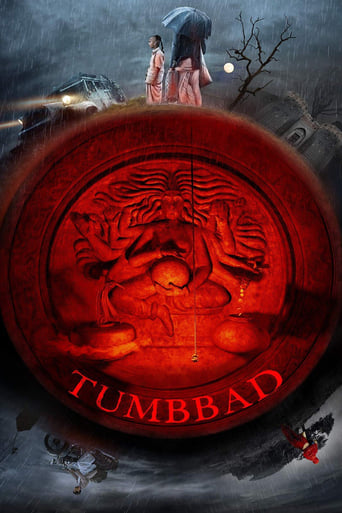

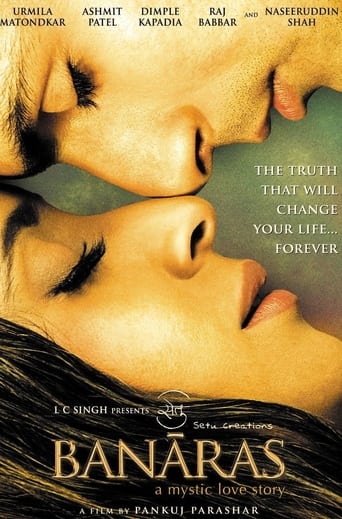
Reviews
Awesome Movie
Amazing worth wacthing. So good. Biased but well made with many good points.
There is, somehow, an interesting story here, as well as some good acting. There are also some good scenes
This is a coming of age storyline that you've seen in one form or another for decades. It takes a truly unique voice to make yet another one worth watching.
THE BLACK WATCH (1929) is John Ford's first full fledged sound picture. Previous efforts featured music, sound effects and some muffled voice overs. Here the dialog is clearly heard and sound effects do not trample over it. FOX had long been using 'sound on film' recording by Western Electric Sound System for their 'Movietone News'. This not only gave them practical experience in managing sound, but the system was simpler and better then its competitors such as WARNER BROTHERS' 'Vitaphone'. THE NUTS; Early in World War One (WWI) The Black Watch a Scottish Regiment is committed to the front. Captain King is detached under special orders to go back to India to quell a possible revolt near the Khyber Pass. Since it must be kept a secret, Captain King leaves under a cloud of suspicion and is considered a "shirker". King preservers and succeeds in his duty returning in honor to the regiment. For details watch the movie, it is worth watching, nuff said.Though the film is fairly pedestrian, John Ford gives it his usual panache. The Ford touches are particularly evident in his attention to the details of military traditions. If you did not know that it was Ford film you would have come to that determination in the first ten (10) minutes. The principals, Victor McLaglen (King) and Myrna Loy (Yasmani) and other actors handle their roles well enough for the time. You could see though they were getting used to the idea of sound dialog rather then the pantomime of the Silent Film. It is especially interesting to see Ms. Loy in her early erotic period before she became best friend and wife over at M.G.M. Film was later remade in 1953 in WideScreen as KING OF THE KHYBER RIFLES starring Tyrone Power. Rating IMDb Six******Stars.
John Ford is in my opinion the greatest director that ever lived, and he rarely ever made a misstep. Many people have listed The Black Watch as a misstep, but in context I do not think that it is. It is true that it is dated in the way that the dialogue is spoken, but find me one sound picture from 1929 that is not.The problem was with sound pictures themselves, the movies had developed into near perfection in 1927-1928. But then sound became all the rage, and it wasn't profitable anymore for the studios to invest in silent movies. So the masterpieces of the late silent era were put on the back burner for stagy dramas with too much dialog or musicals even more stagy than the dramas.The Black Watch has Ford's German expressionism influenced photography that he started in the late twenties after meeting F.W. Murnau. It also has the Ford themes of Integration into a society, self sacrifice, and the bond between men.The one major drawback is the extremely stilted dialogue. No one really understood at the time how sound should be recorded live, which led to really irregular ways of saying lines. With long pauses between each others lines, since they did not want to step on each others' lines, so as to overwork the early microphones.Victor McLaughlin's acting wasn't his best, but he was much better than Myrna Loy who honestly seemed as though she had been hypnotized before going on the set. I thought the guy who asked forforgiveness for his violence towards his fellow man, who would then do something violent was funny.Compared to all of John Ford's other films this is near the bottom, but compared to everything else made in sound in 1929 this is at the top of the heap.
Most of the time criticism about film remakes will usually run to 'not as good as the original' and most time it isn't. In this case the 1953 remake of this story that Henry King did starring Tyrone Power was miles superior to this early sound feature.Later on Victor McLaglen got back to colonial India in better features like Gunga Din and Wee Willie Winkie also for John Ford. The only distinction this film has is it is John Ford's first talkie and it's a good thing someone decided to give him another chance.Neither film is true to the original novel by Talbot Mundy. This version takes place on the eve of World War I as the famed Scottish Black Watch Regiment is in their mess having a last blowout before leaving for the front. During the course of the good times, Captain Victor McLaglen is sent for.He's been brought up in India, knows Hindustani, Pushtu, and all the languages of that key area of the Khyber Pass. They've got an assignment for him. He's to let it get around that he used some pull to get that transfer to India so that folks will think him a coward. Then when he gets to India with the rumors flying, he's to desert and infiltrate the camp of a nasty group of rebels who are being led by a white Princess Yasmani, played by Myrna Loy. So with trusty Moslem aide Mitchell Lewis, McLaglen does just that and of course Loy falls for him in just about the same way that Madeline Kahn fell for Cleavon Little in Blazing Saddles. In fact this film didn't need John Ford, it could have been a Mel Brooks triumph if it had been worked right.But it wasn't a comedy, or at least an intentional one. By the way Loy is a descendant of Alexander the Great and because she was white it would be OK for McLaglen and her to do some kanoodling. Got to think of that southern market. She's also got Roy D'Arcy and Walter Long in her camp panting good and hard after her also, but when she sees McLaglen, it's just like Little and Kahn.By the way, I couldn't quite figure out what these rebels were. They seemed to have aspects of both the Moslem and Hindu religion there. Certainly in Islam you wouldn't have a woman at the head of things in what is a traditional Islam movement. I attribute that to incredibly sloppy research.John Ford gets his innings in during the Scottish Mess Hall scenes at the beginning and end of the film. Otherwise you'd hardly know it was a film of his.And the biggest story of the film is the early sound recording picked up McLaglen saying Loy's character name of Yasmani as Yes, Minnie. Purportedly they edited it out because of the hoots it got during the premiere. I did hear one Yasmani come out of McLaglen and it could have been a Yes, Minnie. Myrna and her friends thought it was hilarious for the next 64 years of her life, her good friends called her Minnie.John Wayne and Randolph Scott are supposed to be extras in this and they could have been. But I searched in vain for them.Better their names not be attached to this one.
In 1895, 16-year-old Talbot Mundy fled the strait-laced Victorian upbringing of his native England for a life of adventure. He crossed the entire northern frontier of India, toward Tibet, spent four years in Africa, and traveled the Middle East in the wake of World War I.Colonial odysseys of the time led most writers to echo Rudyard Kipling's support of British imperialism or Sax Rohmer's "yellow peril." Not Mundy. His fantasy-adventure books challenged assumptions of Western cultural superiority.Mundy's writing, such as OmThe Secret of Ahbor Valley, Tros of Samothrace, and Queen Cleopatra, were based in Eastern religious teaching, informed by his membership in the Theosophical Society in San Diego, California.Radio won him an audience of millions of daily listeners in the 1930s. However, he had much less luck in Hollywood. Mundy's second book, Kingof the Khyber Rifles (1917), had become an instant classic, telling of the fabulous Yasmini, who tries to conquer India. Mundy was a believer in full equality between the sexes, and such female characterizations were vivid and proactive. Native figures, especially Indians, often dominated Mundy's novels, placed in the position of imparting eastern wisdom to Western characters.Fox bought the screen rights to Kingof the Khyber Rifles in 1928. At the end of the year Douglas Z. Doty offered a Continuity Outline, placing King in the "Black Watch," the first introduction of the key idea preserved in the final screenplay. Rewa Gunga is no longer a persona assumed by Yasmini, but a separate character, presumably because the androgynous combination of a woman who sometimes disguised herself as a man was regarded as too complex, or unusual, for audiences to fathom.The decision was made to film in sound, and a new writer, James Kevin McGuinness, was brought in for dialogue. After production, the American release title was changed from KING OF THE KHYBER RIFLES to THE BLACK WATCH, while the original title was retained in the United Kingdom.Donald King is summoned by the War Office and told that since he knows Pushtu and Hindustani like a native, he must prevent a holy war about to be incited by Yasmini, a goddess to the troublesome hillmen. The assignment requires King apparently leave the regiment as a slacker. Only after twenty four minutes does THE BLACK WATCH finally shift to the center of action--"Peshawar--on the northern frontier of British India--near the Khyber Pass"--but the movie's locale is never convincing as India.King meets his father's old companion, Risaldar Major Mohammed Khan, who prays "For all the violence I have displayed toward my fellow men, Allah forgive me." He is lifted from another Mundy novelette, "For the Salt Which He Had Eaten," to which Fox had also bought the rights. Officially deemed too old, Khan is glad to join King for a secret mission. Khan is the only character in the entire film redolent of Mundy, and as played by Mitchell Lewis, is perhaps the best acted individual as well.Finally, with more than half the film over, the narrative is about to reach the Khyber pass; only two-thirds of the film is set in India, and 40% per cent in the hills--versus nearly all of Mundy's book. The mystical portrayal of the Khinjan caves by Mundy is replaced in the film with a cacophonous din of loud prayer and fighting men that resembles Madison Square Garden gone mad.Rather than Mundy's emphasis on the indigenous people, in THE BLACK WATCH it is on the Scots and the World War I subplot. The scenes in England serve as a framing story, grounding the excursion into Asian culture by showing another foreign tradition, Scotland, one less foreign to the audience. The mood of the Indian scenes is destroyed by cross-cutting to the trenches of France, paralleling the front lines of France and King's service in India.Yasmini reveals to the surprised King that she is a descendant of Alexander the Great. She relates a prophecy that when a woman of Alexander's line shall find the mate ordained to rule these tribesman, they shall conquer together. King's restrained response is to wander to the other side of the room, saying "It can't be," despite his growing love for her.King's men remove their native robes to reveal British uniforms, assembling their machine guns in a critical spot overlooking the cavern, bottling up the hillmen, and setting the stage for a struggle that is small and obviously budget-conscious (the film was made for $400,000). Yasmini, dressed in angelic white, says "Thou hast triumphed," and is shot by one of her own; King lifts her away as his men's machine guns spray the cavern. King goes to Yasmini's room where her maids have placed her dying body. In the moving death scene, the best of the film, the couple are clearly in love. The final sequence parallels the opening, returning to a dinner of the Black Watch, their numbers thinned around a smaller table.McLaglen turned out to be far more capable in his role than Loy was in hers, particularly in the dialogue scenes. The film was moderately successful, with an estimated gross of $800,000.Ford's direction won critical praise for its visual and auditory artistry, but not its narrative sense. The style nullifies the adventurous elements, preventing THE BLACK WATCH from becoming the spectacle it might easily have been; the largest number of extras go into the scene in the London railroad depot. The entire movie is deliberately overdone, from the pacing to the acting.THE BLACK WATCH is one of the most unusual, even bizarre, commercial movies made during the early years of sound movies. It belongs to a time when the empire adventure, or adventure of any type in the colonies, had yet to be formulated as a cinematic genre; on the screen, India was still treated more as melodrama than adventure.
